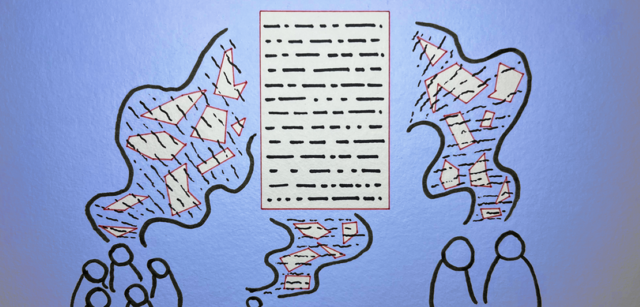August 22
AI assistance may reduce doctors’ diagnostic sharpness
Artificial intelligence can support doctors in analyzing medical scans, but not without side effects. A new study published in The Lancet Gastroenterology & Hepatology shows that doctors who become accustomed to AI assistance during colonoscopies become less accurate at detecting early-stage colon cancer when they must assess images on their own again.
Researchers followed 19 experienced doctors in four Polish hospitals over six months. Midway through the study, AI support was introduced in half the procedures. After that point, the number of precancerous polyps identified independently by doctors dropped by 20 percent.
The researchers suggest this may be due to reduced motivation or focus when AI serves as a fallback. Professor Peter Siersema (Erasmus MC) considers the study an important signal. While AI tools can be valuable, “the doctor’s judgment remains key, especially if a system fails or makes a mistake,” he says.
The study adds to a growing body of evidence about “deskilling” — the loss of human expertise through increased reliance on technology — and invites further exploration across multiple domains.
📄 Read the full article on the Volkskrant website.
Vergelijkbaar >
Similar news items

August 22
AI outwrites bestselling fantasy authors in short story challenge
read more >

August 22
AI assistance may reduce doctors’ diagnostic sharpness
read more >

August 22
AI supports more diverse news exposure and healthier public debate
read more >